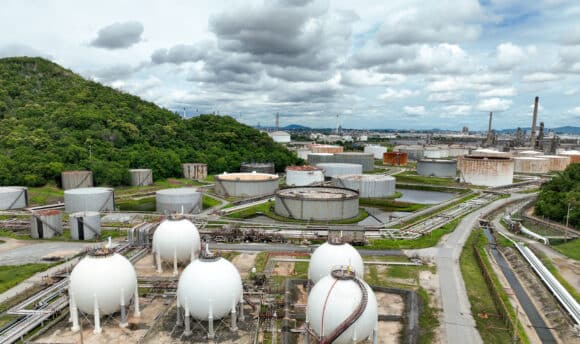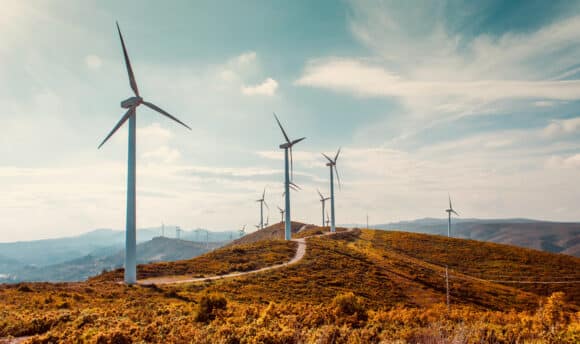Kampala, Uganda – The East African Crude Oil Pipeline (EACOP) faces more challenges as Chubb, one of the world’s largest fossil fuel insurers, confirmed it will not provide insurance coverage for the controversial project. This decision follows Chubb’s updated conservation policy from April 2024.
With this announcement, Chubb becomes the 30th major global insurer to refuse EACOP, joining a growing list of 43 banks and 29 other insurance firms who have also rejected financing the pipeline. The insurer’s updated conservation policy restricts underwriting new oil and gas projects in globally recognized protected areas—a category under which EACOP falls. This decision is the right step towards climate responsibility in an industry that has long avoided accountability in the fight against climate change.
“Chubb’s decision to exclude EACOP from its coverage is a win for people and the planet,” said Zaki Mamdoo, StopEACOP Campaign Coordinator. “Under the threat of climate and systems collapse, insurance should serve to protect communities from extreme weather events and should support resilient, locally rooted economies powered by socially owned renewables.”
EACOP is a 1,443-kilometer crude oil pipeline stretching from Uganda’s Kabaale and Hoima districts to the Tanzanian port of Tanga. It has been widely condemned for its devastating social and environmental impacts. These include the displacement of over 100,000 people, destruction of livelihoods, forced evictions, and alarming biodiversity loss—particularly in Murchison Falls National Park, a protected area where TotalEnergies is actively drilling.
“As someone who lost land and livelihood to this controversial project, I welcome this news from Chubb,” said Rachel Tugume, one of the EACOP-Project Affected People. “EACOP has brought only suffering—forced evictions, destroyed farms, and broken futures for our children. No amount of money can replace what we’ve lost, but seeing global companies reject this project gives us hope. The world is finally listening to our cries.”
Chubb’s decision means it will no longer underwrite projects in Murchison Falls or any of the conservation areas listed in the World Database of Protected Areas. This aligns with mounting international pressure on financial institutions to move away from high-risk, high-impact fossil fuel projects.
“We celebrate Chubb’s move to rule out insuring EACOP as a response to the serious community and climate risks associated with the controversial project,” added Ethan Nuss, Senior Campaigner with Rainforest Action Network.
“Chubb has the potential to be a true climate leader by strengthening its policies to protect other frontline communities, like those on the US Gulf Coast, from the devastation of industrial fossil fuel projects.”
The #StopEACOP campaign is now challenging other major insurers—AIG, Liberty Mutual, Tokio Marine, Brit, and Chaucer— to follow Chubb’s lead. These firms must choose between short-term fossil fuel profits and a just, climate-resilient future. This is a pivotal moment for the insurance sector to step up. Across the EACOP route, communities are rallying behind the REpower Afrika campaign’s call for socially owned, decentralised renewable energy systems that meet people’s real needs. Insurance should enable this shift by prioritising development rooted in the region’s vast renewable energy potential—underwriting projects that expand access to clean healthcare, education, nutrition, decent work, and shelter.
—
For media inquiries, please contact:
Abiud Onyach,
Digital and Communications
StopEACOP Campaign
info@stopeacop.net
Shawna Ambrose
Communication Manager
Rainforest Action Network
shawna@ran.org
###
The #StopEACOP Coalition, comprising local communities, African organizations, and global
partners, leads an international campaign opposing the East African Crude Oil Pipeline
(EACOP). The proposed 1,443-kilometre heated pipeline would transport crude oil from
Hoima, Uganda, to Tanzania’s port of Tanga. The coalition advocates for halting both the
pipeline’s construction and its associated oil fields at Tilenga and Kingfisher.
Originally posted on the StopEACOP website.



